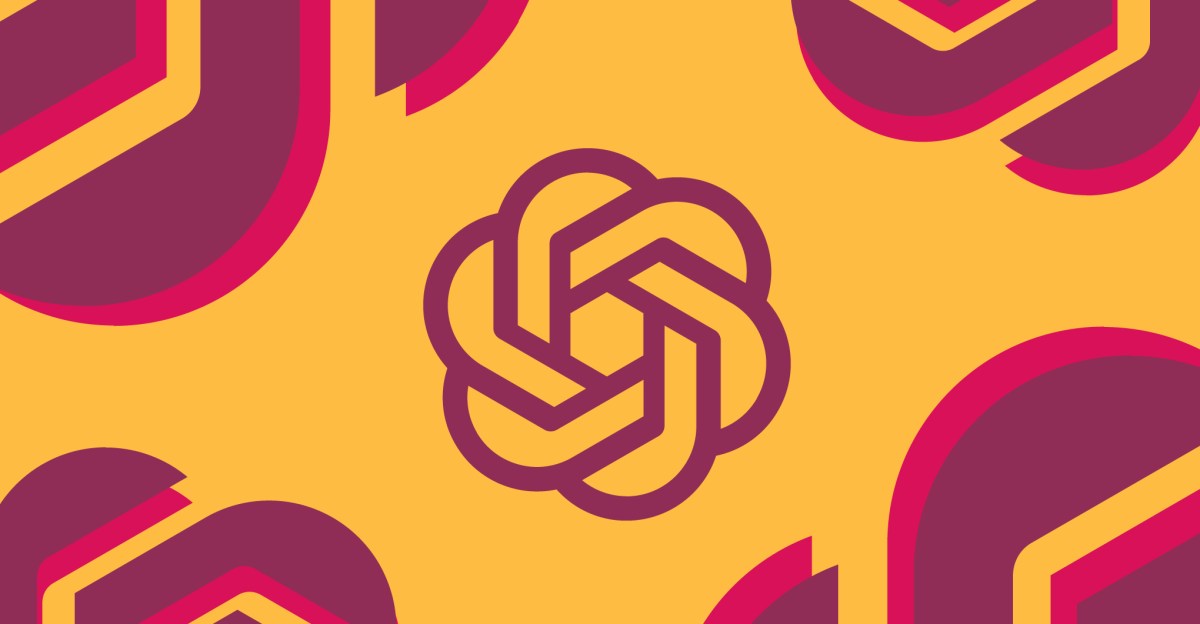Japanese IP Groups Demand OpenAI Halt Use of Their Content in AI Training

Key Points
- CODA represents Japanese IP holders such as Studio Ghibli, Bandai Namco and Square Enix.
- CODA sent a letter to OpenAI demanding a stop to the use of members’ content for training Sora 2.
- The association claims that replication in machine learning may be copyright infringement.
- Sora 2 generated extensive content featuring Japanese IP after its launch on September 30th.
- OpenAI’s opt‑out policy is challenged as potentially violating Japanese copyright law.
- CODA seeks a sincere response and an immediate halt to using Japanese IP in AI training.
The Content Overseas Distribution Association (CODA), representing Japanese intellectual‑property owners such as Studio Ghibli, Bandai Namco and Square Enix, has sent a formal letter to OpenAI urging the company to stop using its members’ works to train the Sora 2 image‑generation model. CODA argues that the replication process involved in machine learning may constitute copyright infringement and that the opt‑out policy offered by OpenAI could violate Japanese law. The association is seeking a sincere response and an immediate cessation of any further use of its members’ content for training purposes.
CODA’s Formal Request to OpenAI
The Content Overseas Distribution Association (CODA), an anti‑piracy organization that represents Japanese intellectual‑property holders including Studio Ghibli, Bandai Namco and Square Enix, has issued a letter to OpenAI. In the correspondence, CODA asks OpenAI to stop using its members’ copyrighted material to train the Sora 2 image‑generation model.
Copyright Concerns Over Machine‑Learning Replication
CODA asserts that the act of replication during the machine‑learning process may constitute copyright infringement. The association points out that the resulting AI model has produced a large volume of content featuring Japanese IP after Sora 2’s launch on September 30th, prompting concerns from the Japanese government.
Previous Incidents Involving Japanese Media
This is not the first instance of OpenAI’s tools generating material reminiscent of Japanese media. The launch of GPT‑4o in March highlighted a surge of “Ghibli‑style” images, and even OpenAI CEO Sam Altman’s profile picture on X was noted for its similarity to Studio Ghibli’s aesthetic.
Legal Questions About Opt‑Out Policies
OpenAI announced a change to Sora’s opt‑out policy for IP holders. CODA counters that using an opt‑out mechanism may itself breach Japanese copyright law, which generally requires prior permission for the use of copyrighted works and does not provide a system that shields users from liability through later objections.
CODA’s Demands and Next Steps
CODA is requesting that OpenAI respond sincerely to its members’ copyright claims and cease using their content for machine‑learning training without explicit permission. The association emphasizes that the request covers not only the output of Sora but also the inclusion of Japanese IP in the training data.